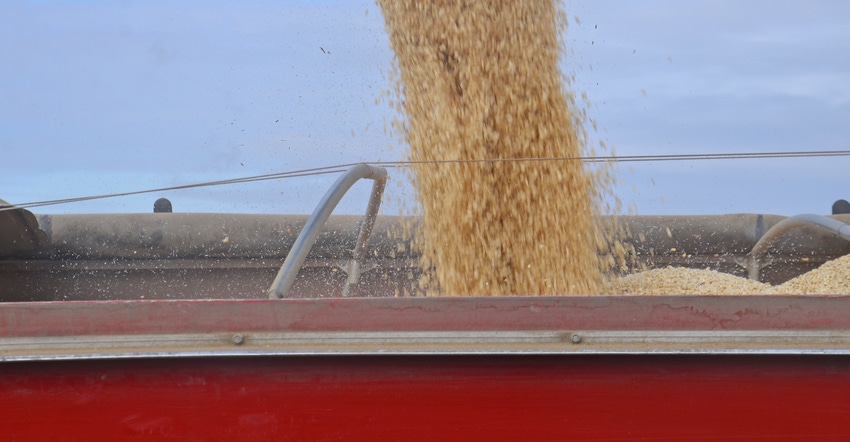October 5, 2020

Every community has a coffee shop. Why do farmers who gather there often talk about yields? Granted, yields are important. A farmer must produce a product that can be marketed at a price that hopefully brings a profit. At the same time, profit cannot be sacrificed just to obtain yields, though they are fun to brag about around that coffee shop table.
Is it truly possible for every farm to beat the county average yield? Think about it. Have you ever heard someone admit to less than the county average? It is not possible for everyone to beat the county average. That is the definition of “average.”
Instead of thinking solely about yield, perhaps farmers who gather at the coffee shop should start to think about their operations more from a profit standpoint. Some farmers I’ve worked with can provide a specific number for what each operation costs, and others I’ve worked with have no idea what each tillage pass costs them.
Value of inputs
What is the value of one less tillage pass? What is the value of one less herbicide application? What is the value of moving your nitrogen application from fall-applied anhydrous to a split application closer to the time the corn crop needs the nitrogen, which makes nitrogen application more efficient?
Inputs into an operation are just as much a part of the bottom line as yield and price per bushel at the elevator. Perhaps you should sit down during the coming winter and start putting some numbers together on what each operation of your system costs. The final cost needs to include both out-of-pocket expenses such as fuel, prorated expenses such as the cost of owning equipment and the cost of labor.
Many farmers tend to discount their time if they’re not hiring additional labor. But everyone’s time is valuable and needs to be included. Time is a precious commodity, and if you can reduce the hours spent growing your crop, that becomes time you can spend with your family.
Reduce input costs
Once you’ve determined a cost for each operation in your system, then consider ways to reduce inputs. How much will one less tillage pass impact overall fuel cost? Will a cover crop allow one less tillage pass and one less herbicide application? Should you make one change at a time, or can you totally change your system, raise your soil organic matter levels and reduce your chemical fertilizer bills all at the same time?
Farmers across the nation who are making that soil health journey toward regenerative agriculture are finding that over time, they can consider reducing inputs. The irony, based on what many farmers report, is that if you start farming for profit and not yield, then yield comes along for the ride. Farmers moving to regenerative agriculture systems are finding they maintain or improve yield over their previous system.
Now back to that coffee shop and the topic of conversation around the table. The next time yield comes up, just sit there with a mischievous grin on your face, think about the profit you’re putting in your pocket, and pour another cup of that not-so-great coffee!
Donovan is a district conservationist with the Natural Resources Conservation Service. He writes on behalf of the Indiana Conservation Partnership.
About the Author(s)
You May Also Like






